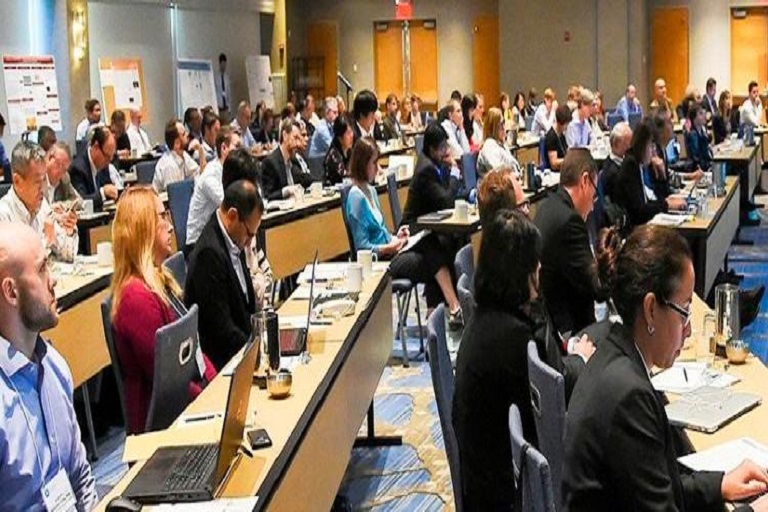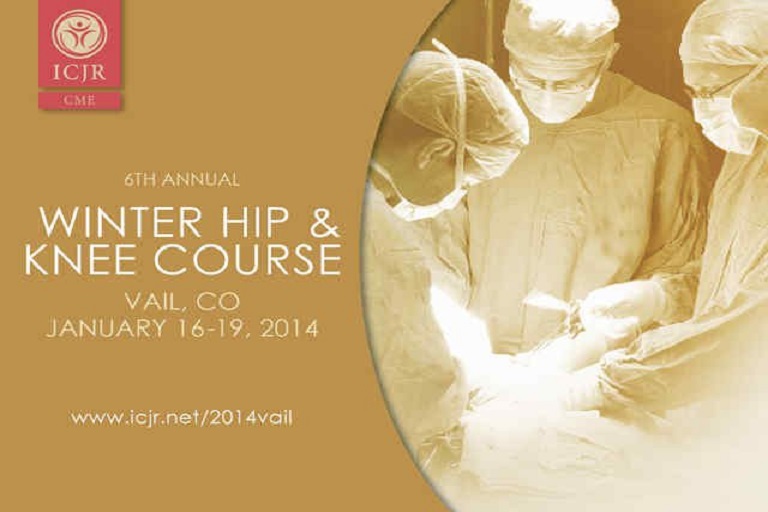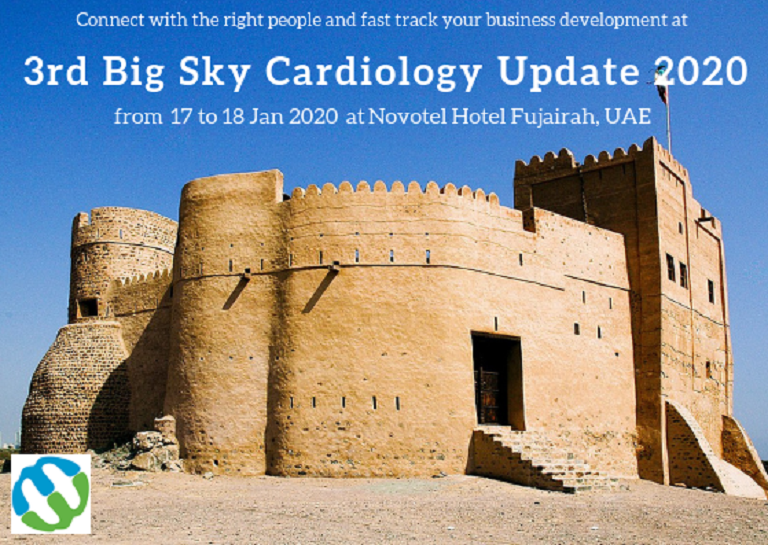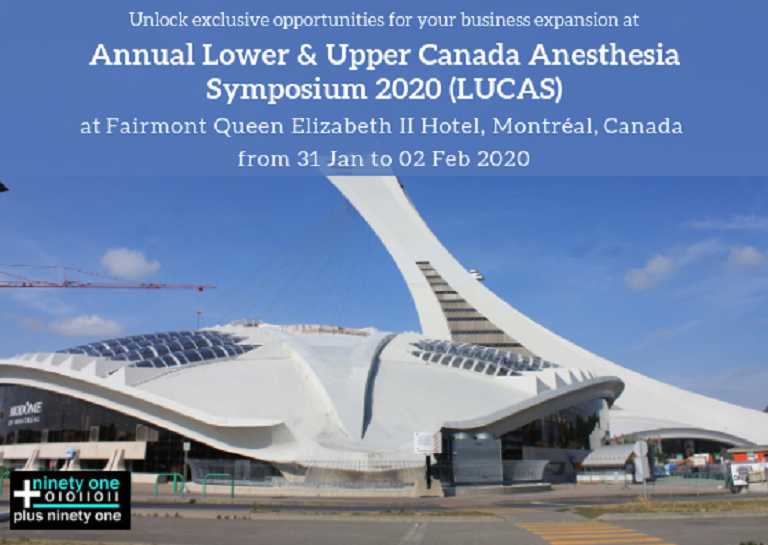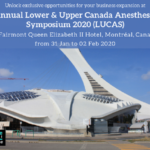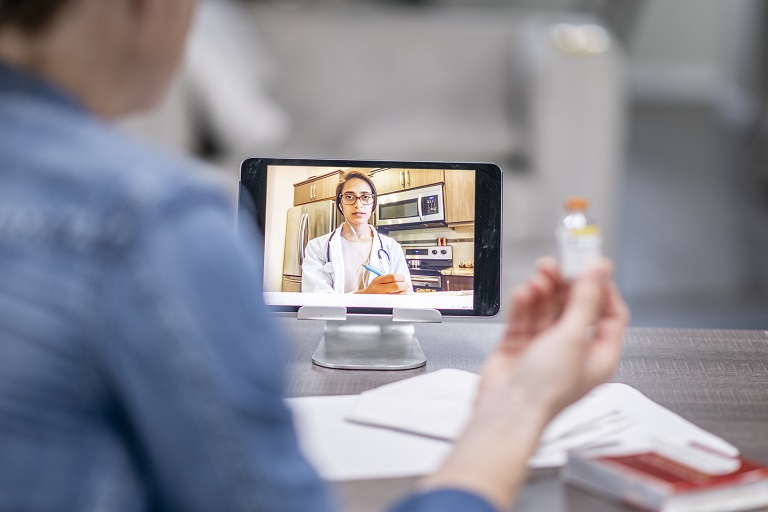In the third episode of the HIMSS APAC Digital Dialogue Series hosted by Dr Charles Alessi, HIMSS Chief Clinical Officer, guest speakers Dr Hwang Hee, Chief Information Officer, Seoul National University Bundang Hospital, South Korea and Kim Dong-Hee, Country Leader, Philips, South Korea shared their thoughts on what was done differently to manage the COVID-19 situation in the country, and how telehealth might look like post COVID-19.
Managing the COVID-19 situation in South Korea
In a previous interview with Healthcare IT News, Dr Hwang explained that IT preparedness of hospitals and healthcare providers is key to managing outbreak of COVID-19. During the dialogue session, he attributed four main factors in South Korea’s swift and effective response to the pandemic:
- Korean citizens’ active compliance with government policies
- Dedication of medical personnel and frontline staff
- Korea Centers for Disease Control and Prevention (KCDC) intense and proactive management of the pandemic
- Efficient support of intensive care hospitals
30 designated intensive care hospitals in 16 regions in the country have been providing timely medical care to infected COVID-19 patients and Community Recovery Centers (CRCs) were also established for less serious cases.
One of the ways in which in-hospital infections were minimized was through a triage-based in-hospital management system. In handling the COVID-19 situation, a datalink was established between the national immigration service and SNUBH’s BestCare 2.0 EHR system. This in turn provided an automatic triage, assessing visiting patients’ risk of COVID-19 infection by checking his/her underlying disease and recent immigration records to foreign countries.
What was being done differently in South Korea to ‘flatten the curve’
Dr Hwang said that during the surge in COVID-19 cases in Daegu in late February 2020 was so serious that it overwhelmed the health system in the region and almost led to the shutting of care for non COVID-19 patients. This provided a huge lesson to the regional governments in the country on the necessity to create CRCs that were separate from the acute care and tertiary care hospitals.
After the case explosion of COVID-19 cases in Daegu, most of the other regional governments are managing COVID-19 cases by separating the treatment and follow ups between serious and non-serious cases, to reduce hospital bed occupancy for less severe cases (by sending them to CRCs). These cases are then monitored using telehealth tools from tertiary care hospitals.
Perceptions of hospital command centers and dashboards during the pandemic
Kim said that in South Korea, there are a limited number of hospitals with full command centers and dashboards and the COVID-19 pandemic has triggered the real world need of having proper command centers in place.
“I have witnessed some of the large hospitals in Korea accelerating their investment discussions on building fully functional command centers. Previously, when we were installing patient monitors in ICUs and we already had AI-driven algorithms such as a sepsis prediction model or early warning score. For the hospitals, these were always ‘good to consider’ and never ever been a ‘must have’ items or systems.” “These days, a lot of hospitals are proactively considering to be equipped with these systems. That is a major change,” concluded Kim.
The long-term outlook of telehealth in South Korea
One question posed by the participants of the webinar was regarding the permanence of government approved telehealth services in the country, especially post COVID-19. “Actually we have more twenty years’ history in the investment of telehealth projects, but we still do not have the social consensus. This period is a good opportunity for the public to learn about the usefulness of telehealth. I can definitely feel there is a huge attitude change of the public and even the government regarding telehealth,” Dr Hwang replied.
He suggested that there is a need for tertiary hospitals to have careful considerations to start telehealth services in South Korea. In fact, some services can benefit from being delivered through telehealth or tele monitoring systems but there is still some resistance from certain physician groups with regards to patient safety and legal issues. “I think it is a good start for telehealth and there is a lot of discussion within the government to allow telehealth services in South Korea. It is one of the ‘new normal’ after COVID-19,” said Dr Hwang.
Kim expressed similar sentiments with regards to telehealth in the country: “There is a bit of friction between different interest groups – there are a group of doctors that are extremely afraid of ‘opening the door’. Another issue is the privacy of patients’ data.” “We would really like to roll out some pilot systems even within the current approvable boundaries. For example, implementing tele-ICU projects within the same hospital networks or carrying out remote diagnosis. These are some feasible and actionable areas instead of jumping on fully into telehealth or ‘creating a war’ against GPs,” she added.



















